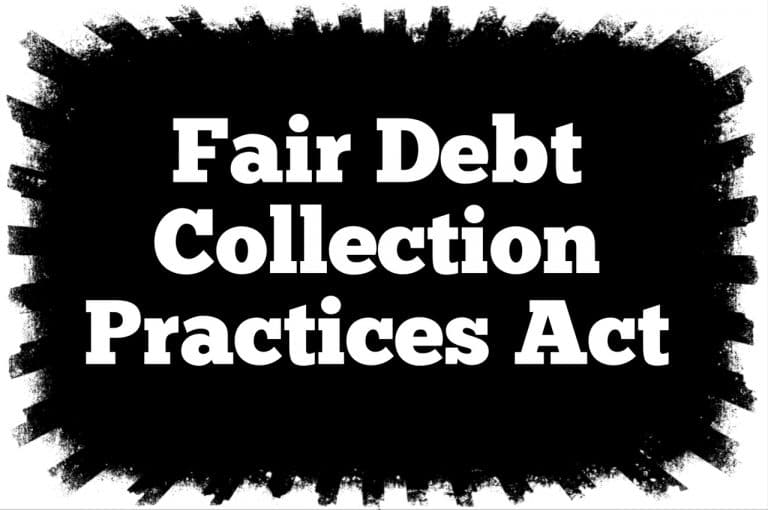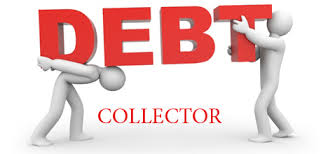Have you ever felt harassed by a third party debt collector? Ever wondered whether or not someone was breaking the law when they tried to pressure you into paying a debt? Of course no one enjoys hearing from a collections agent. Answering the phone to discover a bill collector on the line can be a sickening feeling. However, while it is certainly an unpleasant experience, it is not illegal for a debt collector to contact you. This is where the Fair Debt Collection Practices Act (FDCPA) comes in.
Legitimate debt collectors are absolutely allowed to reach out to you to try to collect unpaid bills. The caveat is that there is a very strict set of rules which must be followed when they do so. Some companies do a good job of following the rules, but there are others who will cross the line and violate your consumer rights.
The chief federal law which exists to protect you from overzealous collections agencies is the Fair Debt Collection Practices Act (FDCPA). Learning about your rights under the FDCPA is important because it will help to arm you with the knowledge you need to protect yourself and your family. Check out the information below to learn some of the most important rights which are afforded to you under the FDCPA.
Debt Collectors Cannot Lie
It is a big no-no for a collection agency to attempt to deceive you or lie to you. A collector cannot, for instance, lead you to believe that they work for the government. They cannot threaten to put you in jail over an unpaid bill. They cannot even threaten to sue you unless they genuinely intend to follow through on that course of action.
Debt Collectors Cannot Embarrass You Publically
The Fair Debt Collection Practices Act (FDCPA) also protects you from various forms of public humiliation and intimidation. Debt collectors may not contact you via postcard. Though social media is not specifically mentioned in the law, you can infer that contacting you on your Facebook or Twitter account (along with any other social media platform) in a manner where others can also view the communication is off limits. Collection agencies are also prohibited from publishing lists which expose the identity of their debtors.
Debt Collectors Cannot Involve Your Friends and Family
Third party debt collectors are technically permitted to contact your friends and family. However, they may only speak with your loved ones once, and only in an attempt to obtain your updated phone number and/or address. Under no circumstances may they discuss your debt with anyone other than you, your spouse, or your attorney.
Debt Collectors Cannot Call You Whenever They Wish
Restrictions are also in place regarding when a collection agency may call you. According to the FDCPA you may only be called by a third party debt collector between the hours of 8 AM and 9 PM. Furthermore, the acceptable calling window is based upon your personal time zone, not the time zone where the debt collector is located.
Debt Collectors Cannot Threaten or Harass
It is definitely against the law for any debt collector to threaten or harass you in an attempt to collect a debt. Obscene and abusive language is strictly off limits as well, along with other abusive practices such as threatening bodily harm.
Debt Collectors Must Stop Calling When You Ask
Calling you at work is actually not off limits, unless you ask a debt collector to stop doing so. When you request, either verbally or in writing, for calls at your place of employment to cease your request must be honored.
You also have the right to request in writing for debt collectors to stop contacting you period. However, keep in mind that if you send a letter asking for a collector to stop contacting you then you may increase your odds of being sued since you have left them without enough other effective options to try to collect your outstanding debt. The Fair Debt Collection Practices Act does not prevent you from being sued by collectors.









